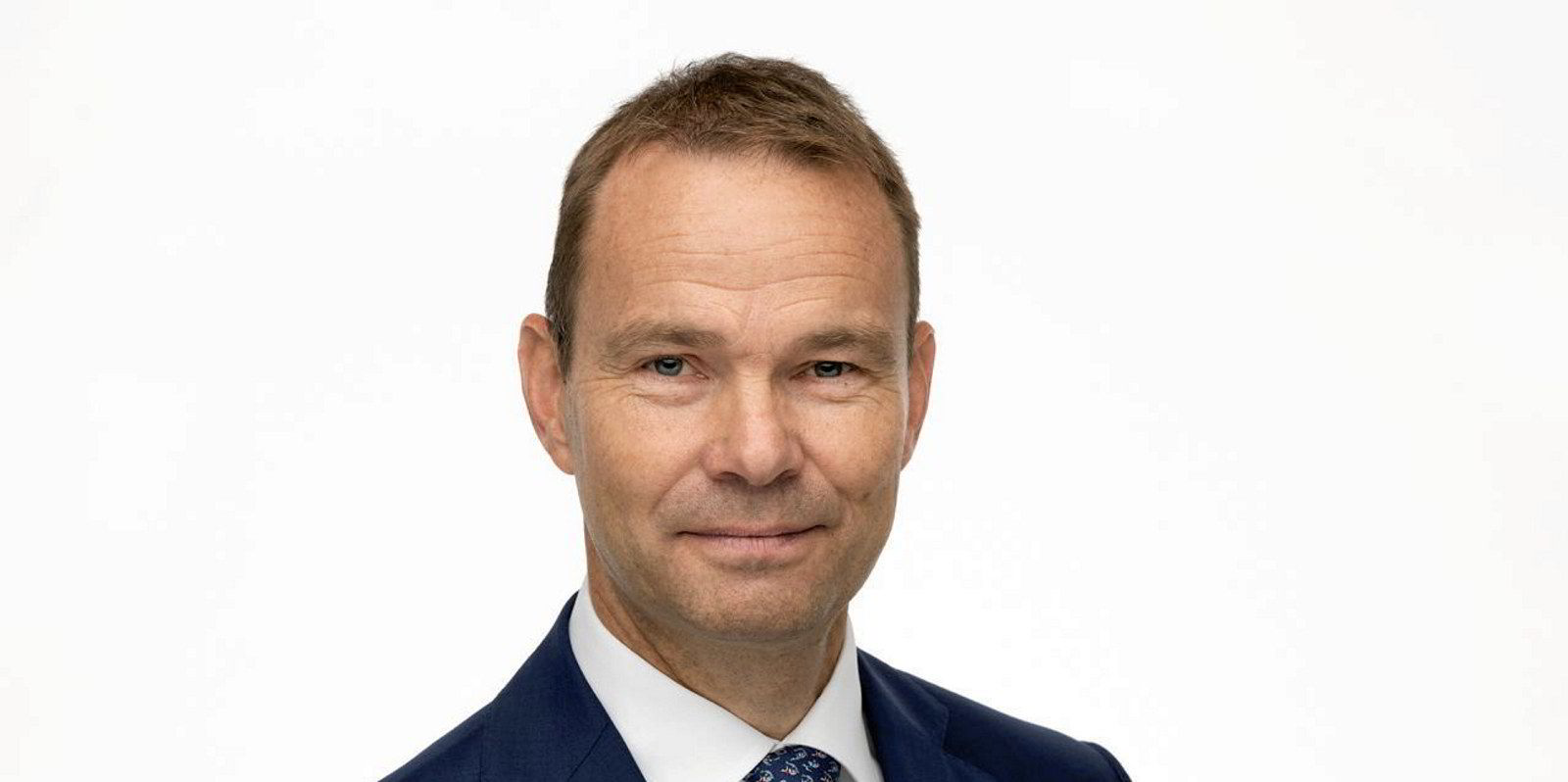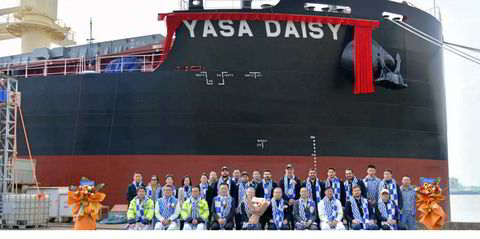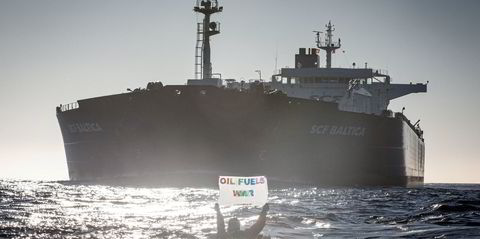Climate change and the energy transition affect everyone. Shipping is just one part of the picture, and insurance has an important role to play in helping to manage all the environmental, social and governance (ESG) criteria associated with building a sustainable future. Ensuring that sustainability is at the heart of Gard’s strategic development has been core to what we have done since 2017.
This article is one of more than three dozen contributions from shipping industry stakeholders about their outlook for decarbonisation efforts in the year ahead. We asked shipowners, managers, financial professionals, technology providers and more about their own efforts to address greenhouse gas emissions in 2022 and what they hope to happen in the industry this year.
By integrating all aspects of ESG into our day-to-day operations, for example by looking at issues such as crew safety or by mitigating marine pollution when handling claims, we have delivered lower insurance costs for our members and benefitted society at large through fewer accidents and reduced pollution.
Gard has taken a similarly proactive approach to understand the risks and opportunities associated with lower-emission shipping.
By understanding risks early, we can ensure that members and clients are supported when new technologies are used.
This includes being involved in pilot projects for new fuel technologies and zero-emission shipping, in addition to bringing new technologies into the portfolio.
One example is the multi-stakeholder collaboration that Gard has entered with the Centre for Research-based Innovation (SFI) AutoShip.
This project is taking a leading role in the development of autonomous ships for safe and sustainable operations, driving the decarbonisation of the maritime industries.

Understanding the trends and assessing the implications for our current and future portfolio is an integral part of Gard’s agile development approach. This has led to major developments in new areas such as autonomous and electric ships.
Gard is involved in writing protection and indemnity insurance and hull and machinery cover for several vessels and rigs powered by alternative fuels such as LNG and carbon-free ammonia, as well as plug-in hybrid cruise ships and hybrid-powered drilling rigs.
Our aim is to support members’ developments — focusing on how to cover a new maritime risk rather than whether it should be covered.
Gard is also a signatory to the Poseidon Principles for Marine Insurance (PPMI), an important first step in assessing the climate alignment of our marine hull portfolio and in ensuring increased transparency for our members, regulators, rating agencies, reinsurers and other stakeholders.
As a leading marine insurer, we will work together with our members and clients to make sure that the principles are as practical and straightforward as possible. Our common goal is an accelerated move towards a decarbonised industry.





